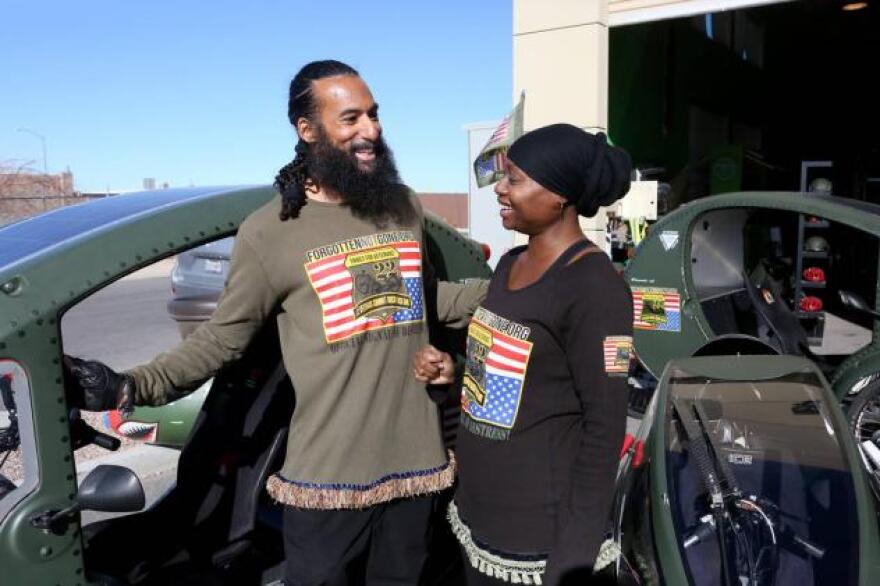Suicide claimed the lives of 127 veterans in Nevada in 2014, the last year that complete records are available. For comparison, over the course of the entire Vietnam War, the state lost 149 service members.
Las Vegas Councilman Steve Seroka represents the city as part of a new suicide-prevention initiative from the Department of Veterans Affairs. He recently returned from Washington, D.C., where the VA brought together community leaders and suicide-prevention experts to share best practices in reaching out to troubled veterans.
Seroka, a retired Air Force colonel, was asked by Mayor Carolyn Goodman to take part in the VA’s inaugural Mayor’s Challenge to Prevent Suicide Amongst Service Members, Veterans and their Families.
The councilman said many veterans are particularly vulnerable when undergoing the culture shock that follows re-entering civilian life after years in the military.
“No veteran leaves the military looking and expecting to be homeless, or looking or expecting to commit suicide,” said Seroka. “The challenge that seems to be universal across all these cities [participating in the VA program] was that when a veteran leaves the military they’re getting a pat on the back while they’re in uniform, but when they come out of the military — I’ll use this word; it’s a strong word — they tend to be rejected.”
Husband and wife Air Force veterans Kelley and Peter Guidry used their own struggles as the template for Forgotten Not Gone, a grassroots nonprofit based in Las Vegas.
Peter Guidry came out of the military struggling with physical ailments and because of it, he struggled to keep a job.
“How do we find a place to fit in when you keep having these physical limitations from your military service?” he said, “I really didn’t want to take my own life, but I didn’t know how to live with all this person pain that I was in.”
Peter Guidry pedaled his way back to health after a doctor in California recommended a recumbent tricycle as a way to get exercise and be out of the house. Today Forgotten Not Gone has dozens of trikes in use by veterans looking for camaraderie as well as physical activity.
Kelley Guidry said the bikes aren't just given out to the veterans but also to their families as a way to engage them in efforts to help their loved one.
“It helps the core support group, which is usually going to be your family,” she said.
And it is not just the bikes that the Guidry's provide but any kind of alternative method for healing.
Resources:
If you or someone you know is in crisis, you can call the national Veterans Crisis Line:
1-800-273-TALK (8255)
Help is also available through:
Nevada Office of Suicide Prevention
Nevada Coalition for Suicide Prevention
Mobile Crisis Response Team - Hotline: South: 702-486-7865 or North: 775-688-1670
National Suicide Prevention Lifeline
De Prevencion del Suicido - 1-888-628-9454
Crisis Call Center - Text Line - Text - "Listen" to 839863
Steve Seroka, Las Vegas councilman; Kelley and Peter Guidry, veterans and advocates









